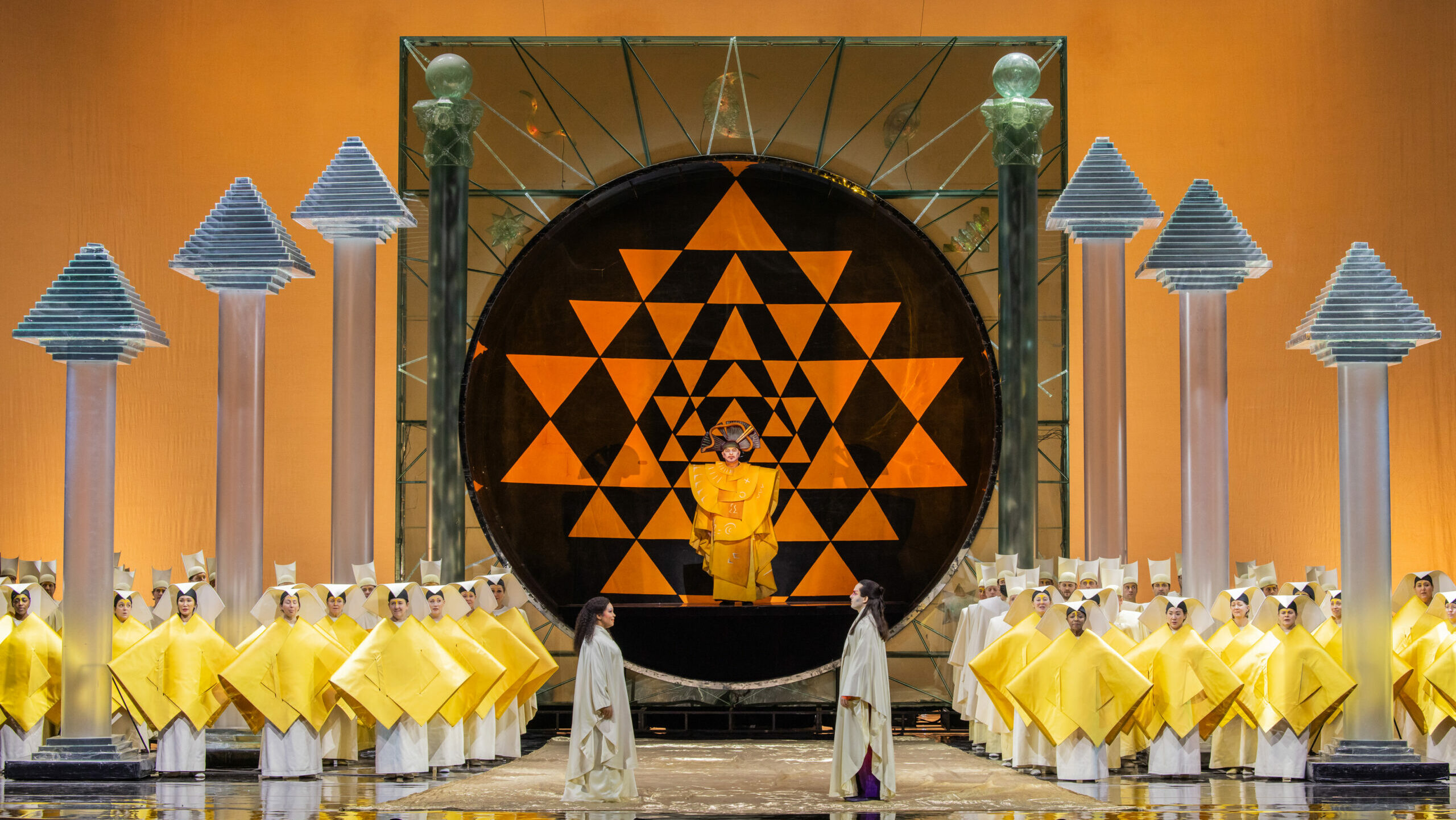
Included are rare performances by Galina Vishnevskaya (her Met debut), Montserrat Caballé, and Rita Hunter in the title role, as well as Shirley Verrett’s only New York Amneris, along with Elena Obrazstova’s Met debut and Marilyn Horne’s sole complete opera at the Met with Caballé (the first of her just two Met Ethiopian princesses).
The early in-house recording of the Vishnevskaya debut isn’t absolutely complete and features the first of only two performances of Radamès that Jon Vickers sang in New York. One wonders if the appearance of Franco Corelli on the scene earlier in 1961 dissuaded Vickers from continuing in a role he sang elsewhere. Perhaps Corelli may also be the reason that Carlo Bergonzi stopped singing Manrico in New York during the years Corelli sang it.
The year before Vishnevskaya arrived, another notable Russian singer, Pavel Lisitsian, made his Met debut in Aida. He sang Amonasro the day before Leonard Warren died onstage during La Forza del Destino. Like Piero Cappuccilli, Lisitsian’s Met career consisted of a single performance; unfortunately, I’ve never seen mention of a recording of either debut/farewell.
As I often think of it as a dramatic tenor role, I was surprised to note that Bergonzi–who appears today opposite both Lucine Amara and Hunter– performed Radamès with the company almost 60 times. The Verrett show comes from the strike-shortened season of 1969-70 when the Met was desperately putting together an abbreviated schedule. That might explain why the mezzo appeared just once that season in her sole Amneris.
Though she sang the title role with the company more than thirty times, I don’t find Amara a particularly satisfying Aida. Perhaps someone who heard her in Verdi in the house could offer an opinion.
Obraztsova appeared with the Met a year after she made a splash when the Bolshoi Opera visited New York. She sang often with the company until US-Soviet relations froze several years later and which prevented her from singing there again for over eight years. She reappeared in 1987 as Azucena during the ill-fated Livia Budai Trovatore run.
A number of today’s principals performed their roles with the company over very long stretches: Amara from 1959 until 1983; Mignon Dunn from 1960 to 1980 and Bergonzi 1956 until 1978.
Paul Plishka sang either the King or Ramfis 111 times between 1967 and 1999, while James Morris made his debut as the King in 1971 and was still singing Ramfis in 2017! Robert Nagy sang an astonishing 175 Aidas with the Met between 1957 and 1986, nearly all as the Messenger with just three occasions, including today’s recording replacing Placido Domingo (you can hear the boos responding to that announcement), as Radamès
Beginning New Year’s Eve, the new Michael Mayer production will be seen seventeen times this season including an HD transmission on January 25th.
Verdi: Aida
Aida: Galina Vishnevskaya
Amneris: Mignon Dunn
Priestess: Carlotta Ordassy
Radamès: Jon Vickers
Amonasro: Anselmo Colzani
Ramfis: Jerome Hines
King: Louis Sgarro
Messenger: Robert Nagy
Conductor: Nino Verchi
6 November 1961
Metropolitan Opera
In-house recording
Aida: Lucine Amara
Amneris: Shirley Verrett
Priestess: Carlotta Ordassy
Radamès: Carlo Bergonzi
Amonasro: Mario Sereni
Ramfis: Justino Díaz
King: Paul Plishka
Messenger: Rod MacWherter
Conductor: Kurt Adler
Metropolitan Opera
In-house recording
March 31, 1970
Aida: Montserrat Caballé
Amneris: Marilyn Horne
Priestess: Marcia Baldwin
Radamès: Robert Nagy
Amonasro: Cornell MacNeil
Ramfis: Jerome Hines
King: James Morris
Messenger: Charles Anthony
Conductor: James Levine
Metropolitan Opera
In-house recording
10 March 1976
Aida: Rita Hunter
Amneris: Elena Obraztsova
Priestess: Jean Kraft
Radamès: Carlo Bergonzi
Amonasro: Louis Quilico
Ramfis: James Morris
King: Philip Booth
Messenger: Paul Franke
Conductor: Kazimierz Kord
Metropolitan Opera
In-house recording
12 October 1976
Each Aida can be downloaded by clicking on the icon of a cloud with an arrow pointing downward on the audio player above and the resulting mp3 file will appear in your download directory.
Never miss an episode of Chris’s Cache! Subscribe to this podcast via Apple Podcasts or RSS.
Photo: Metropolitan Opera Archives
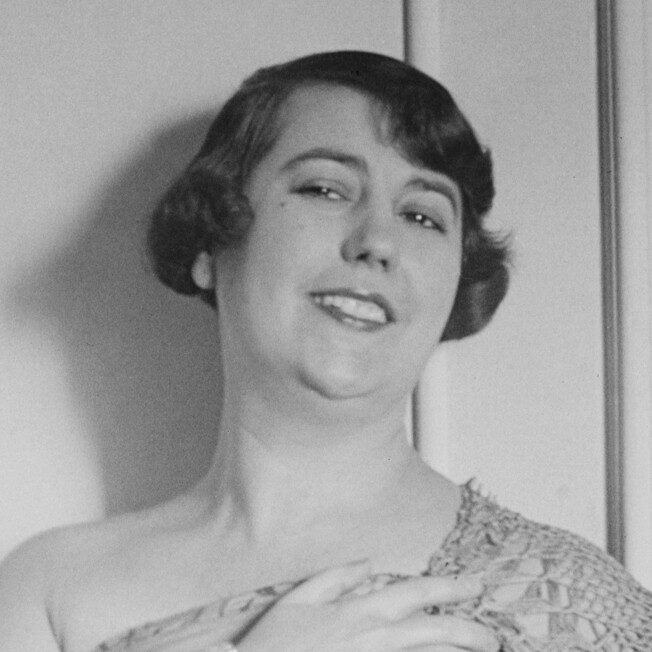
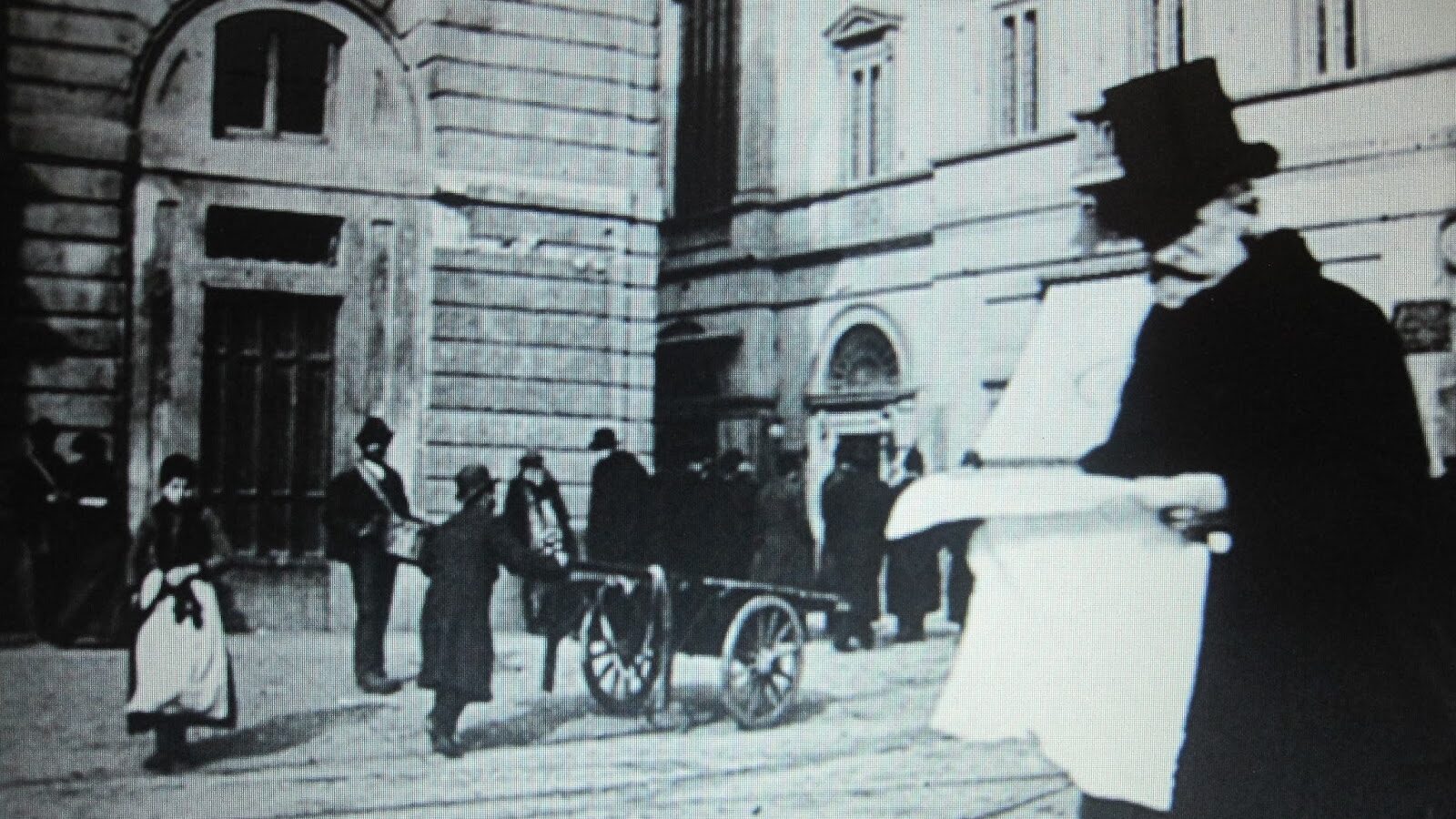
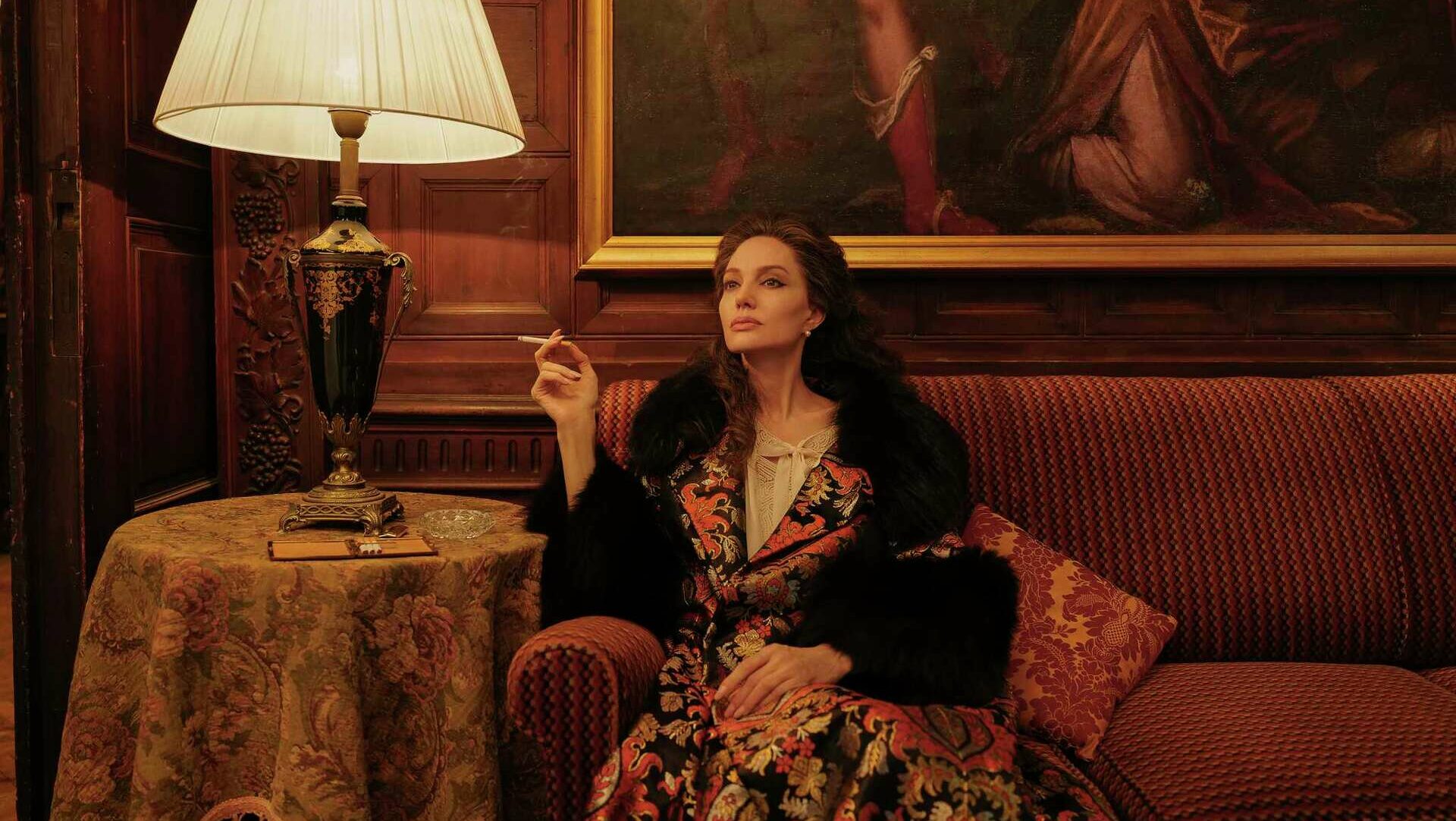
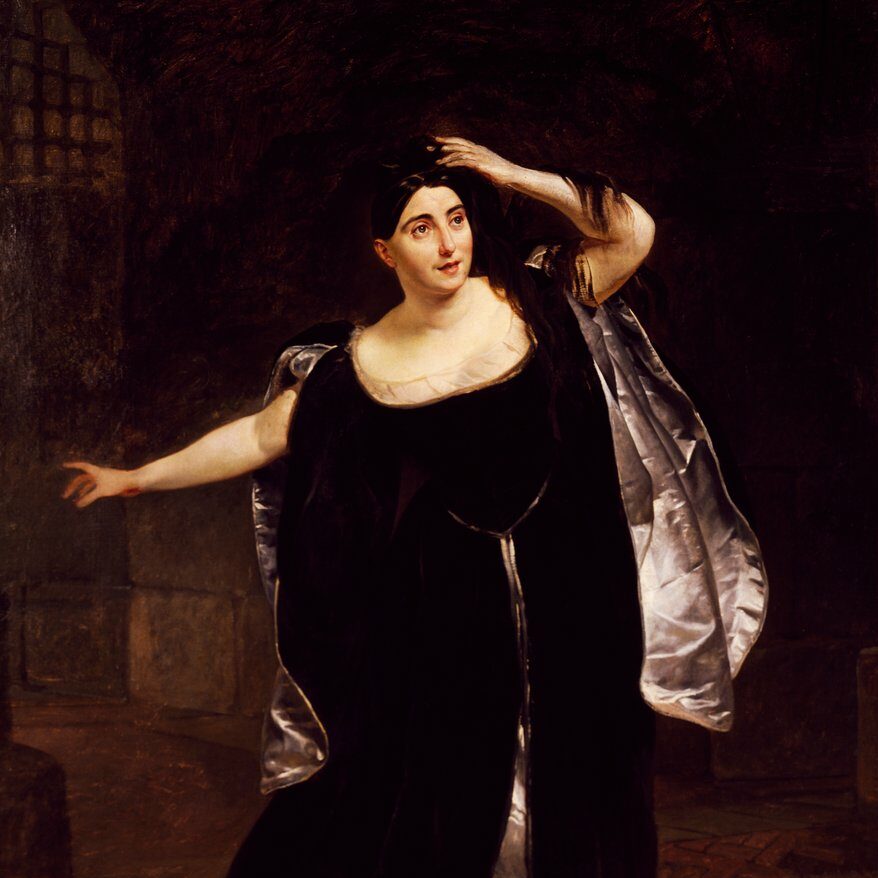
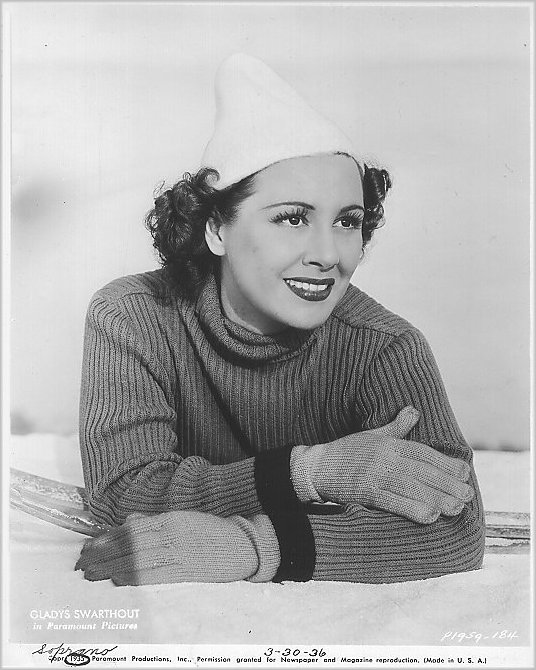
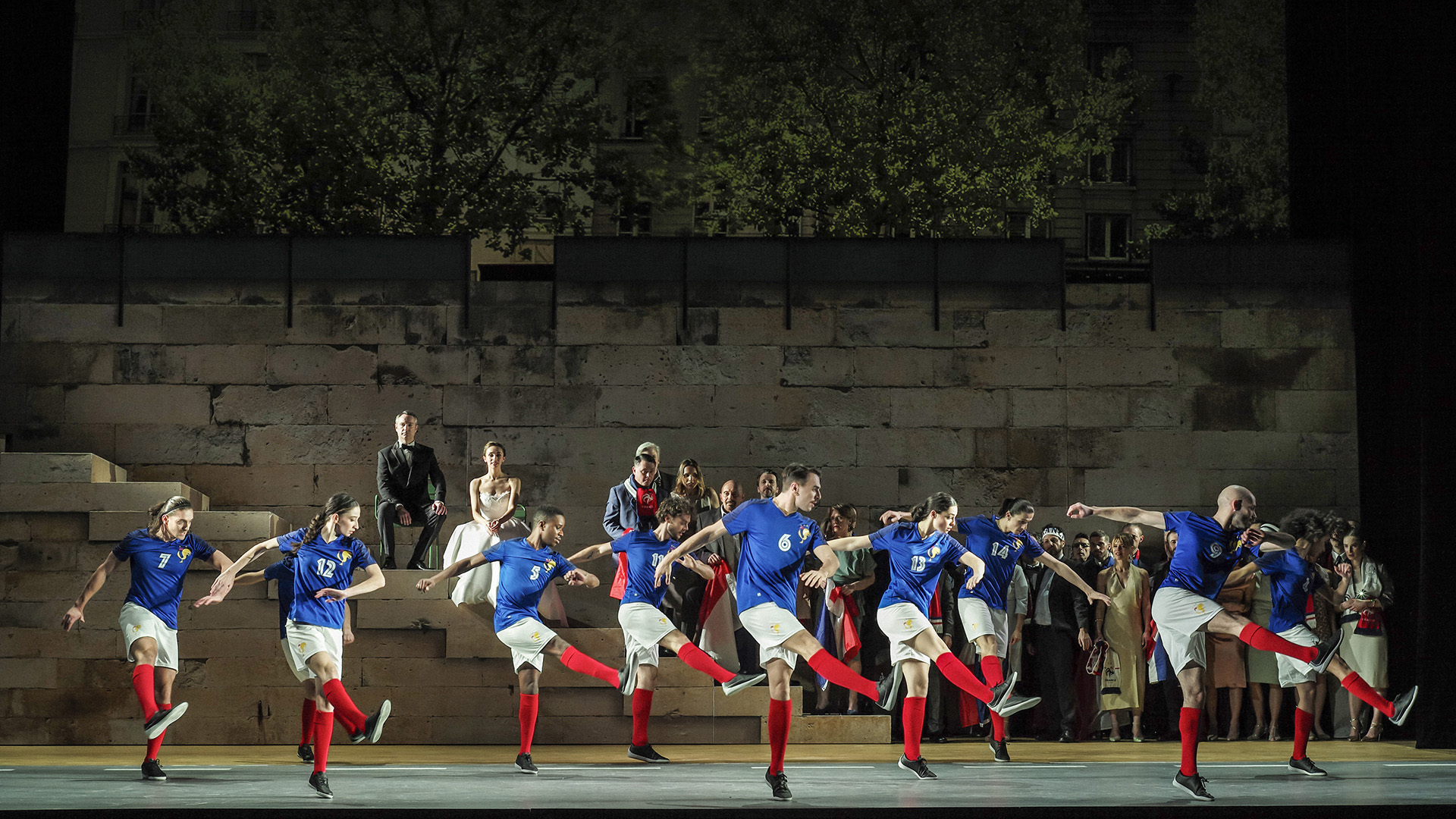
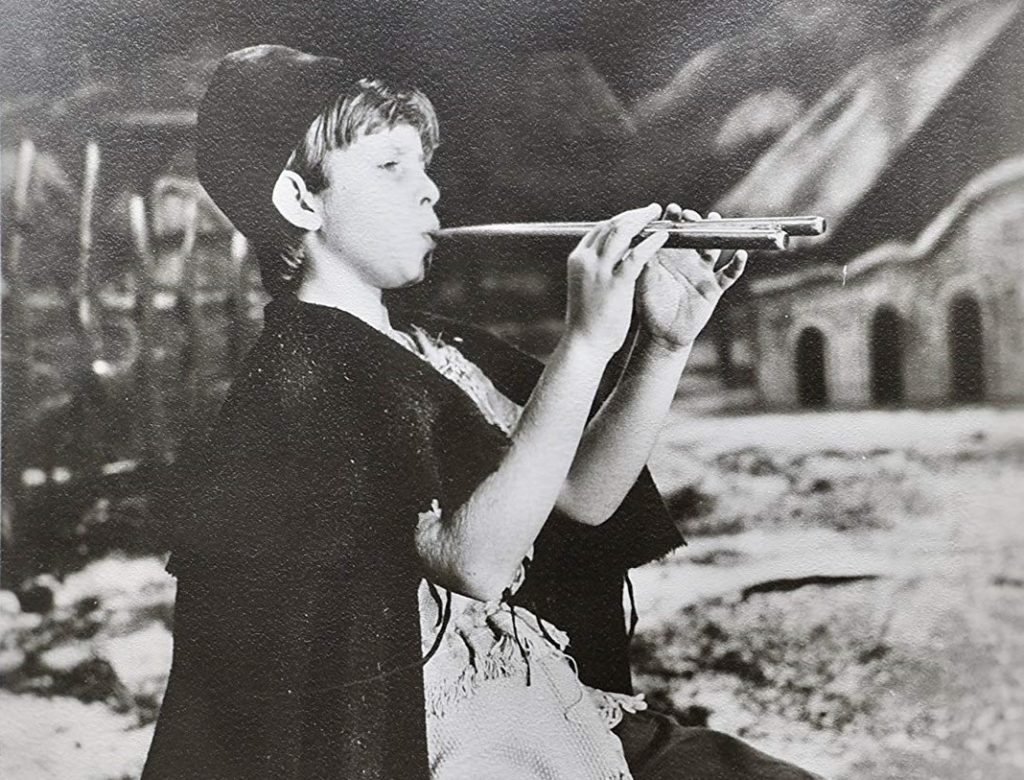
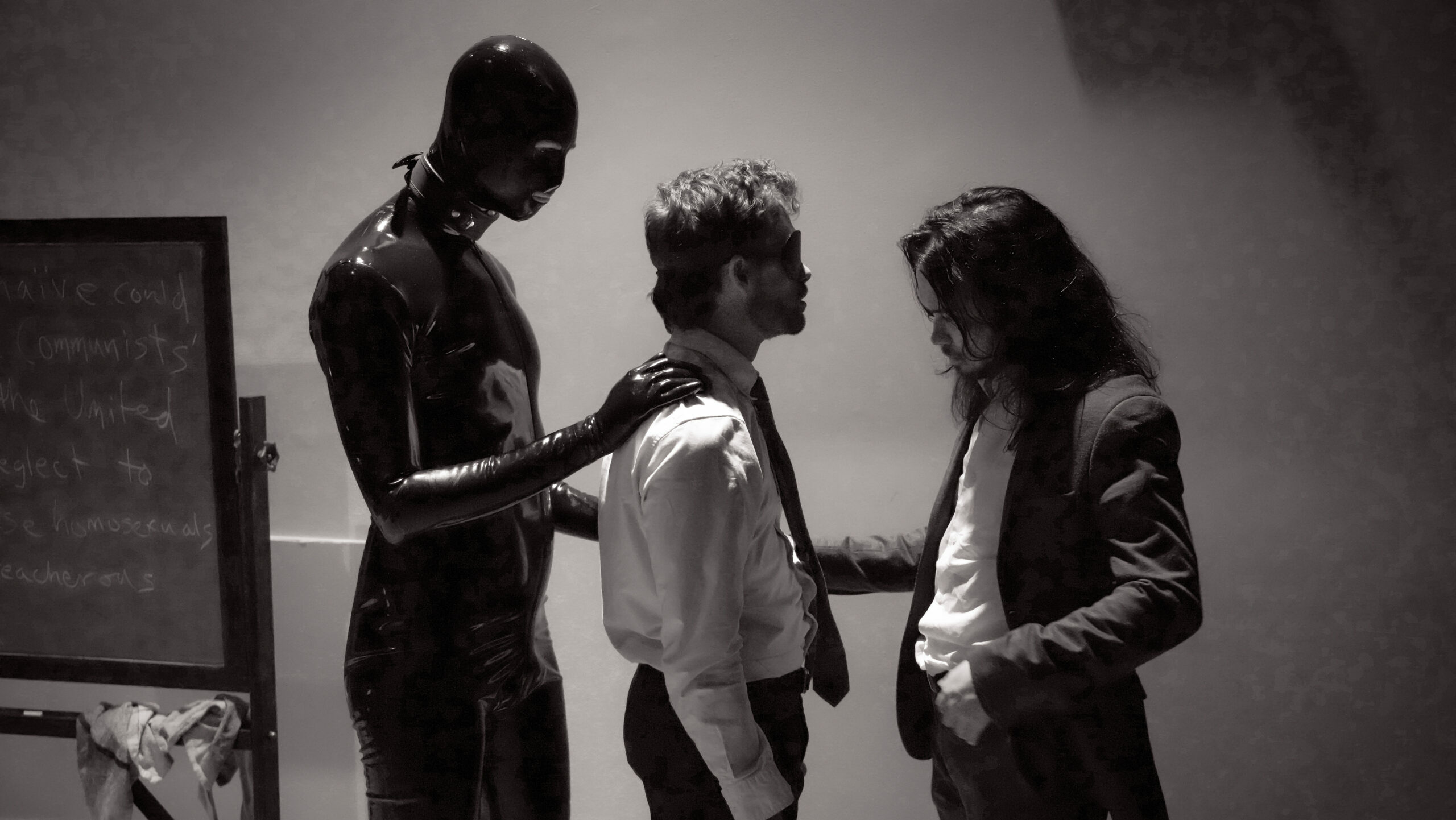

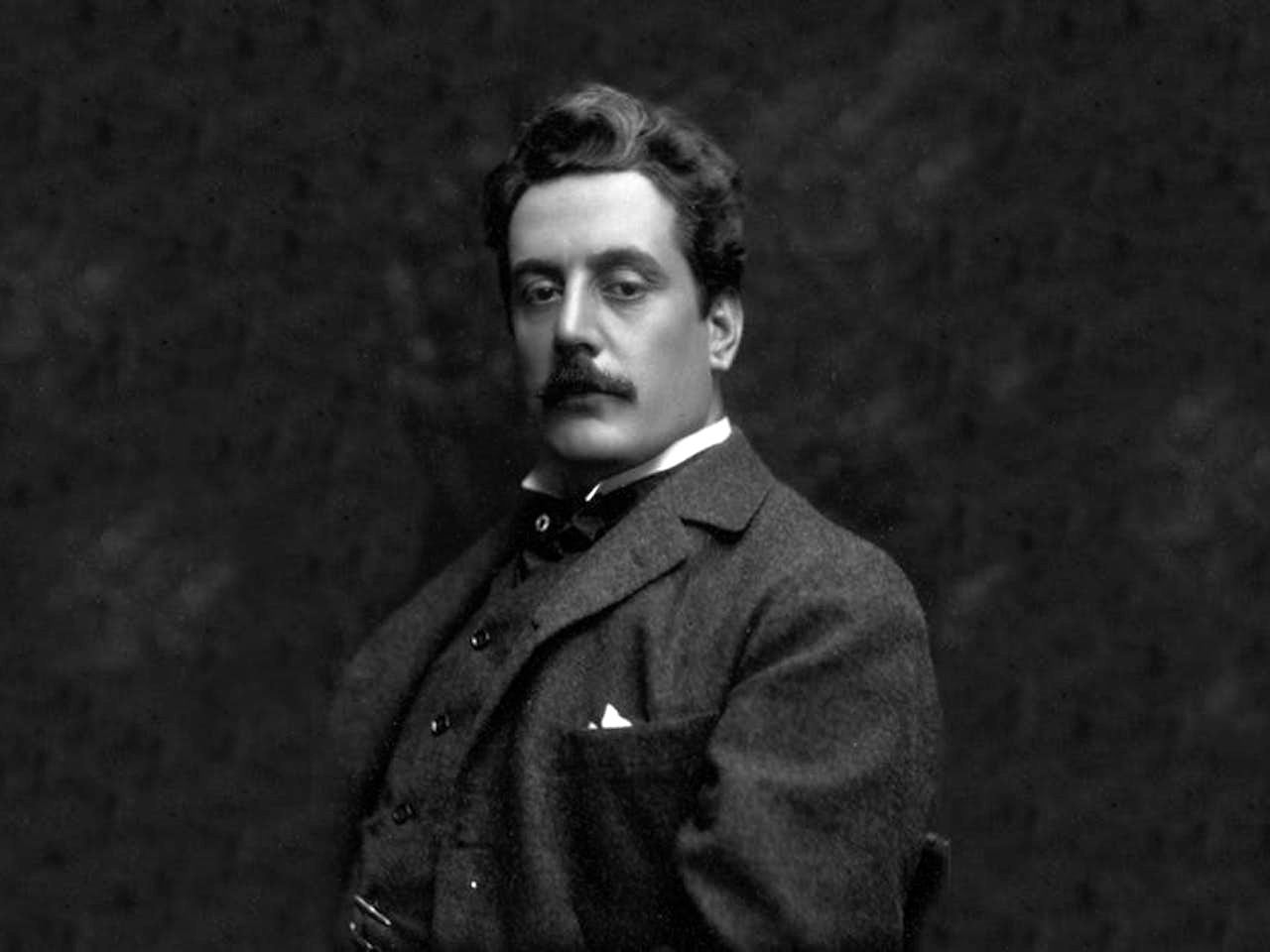
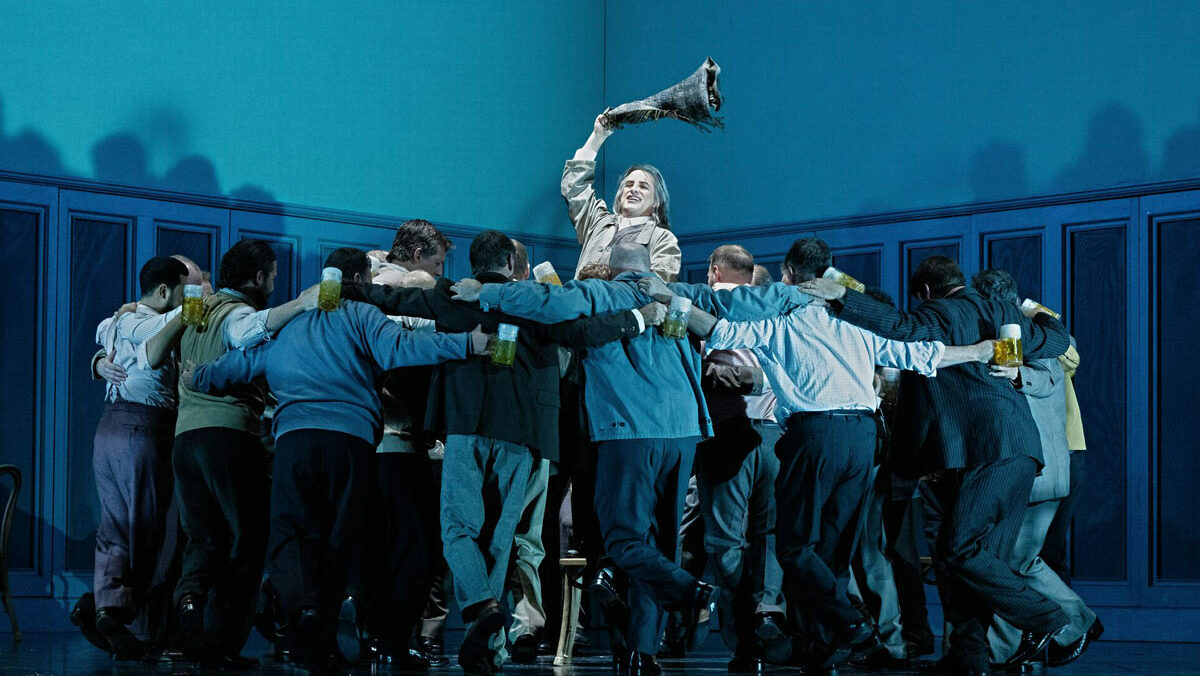
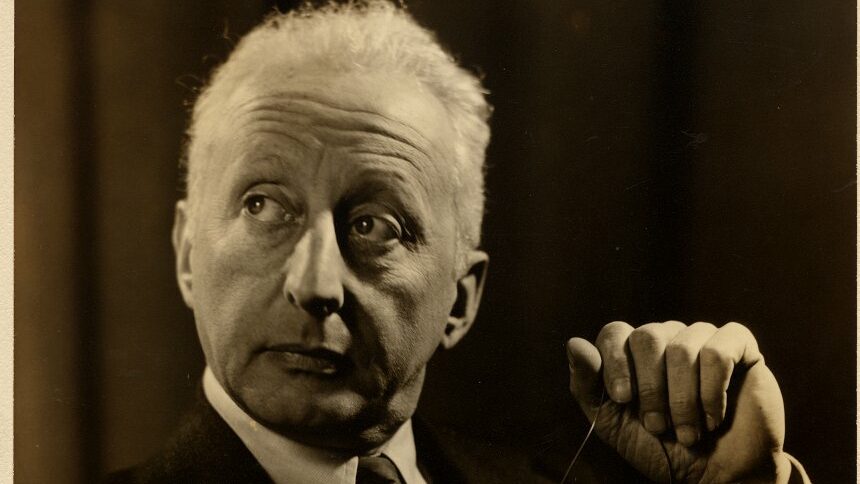
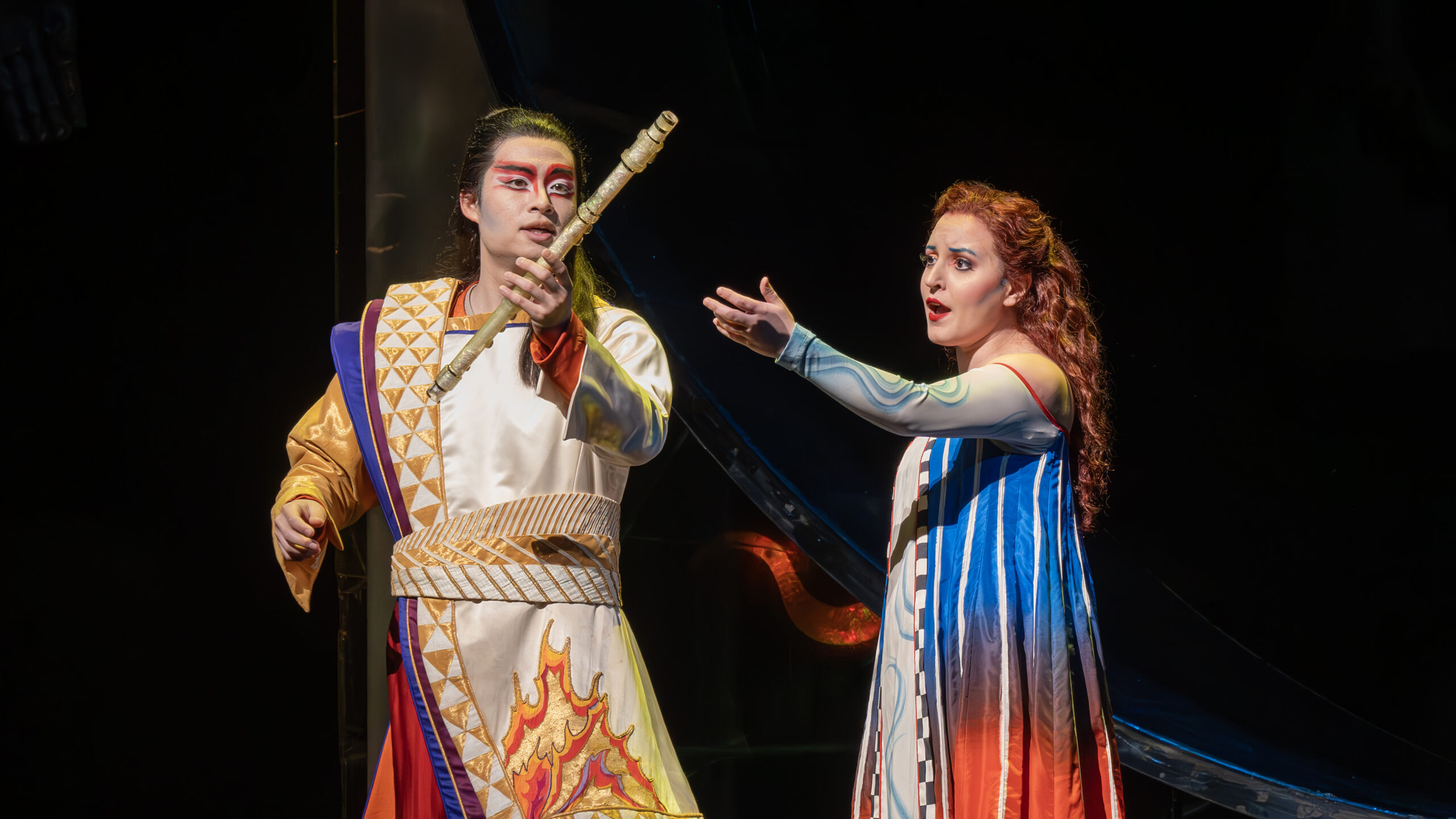
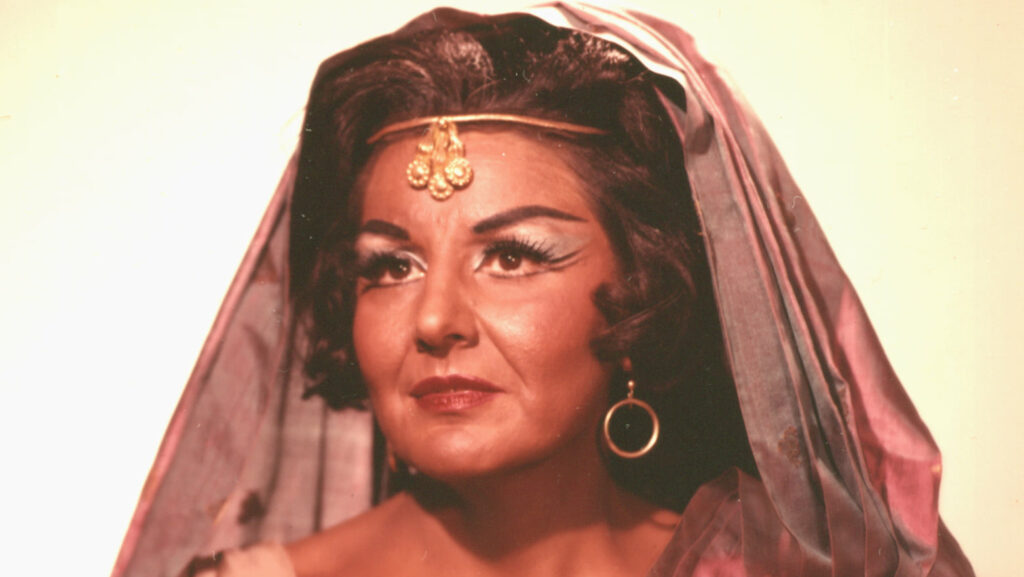



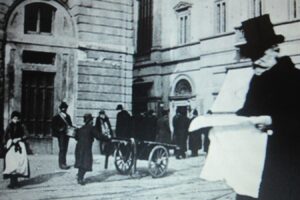

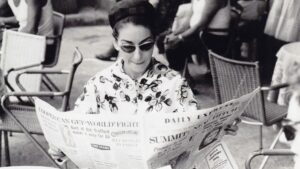





Comments